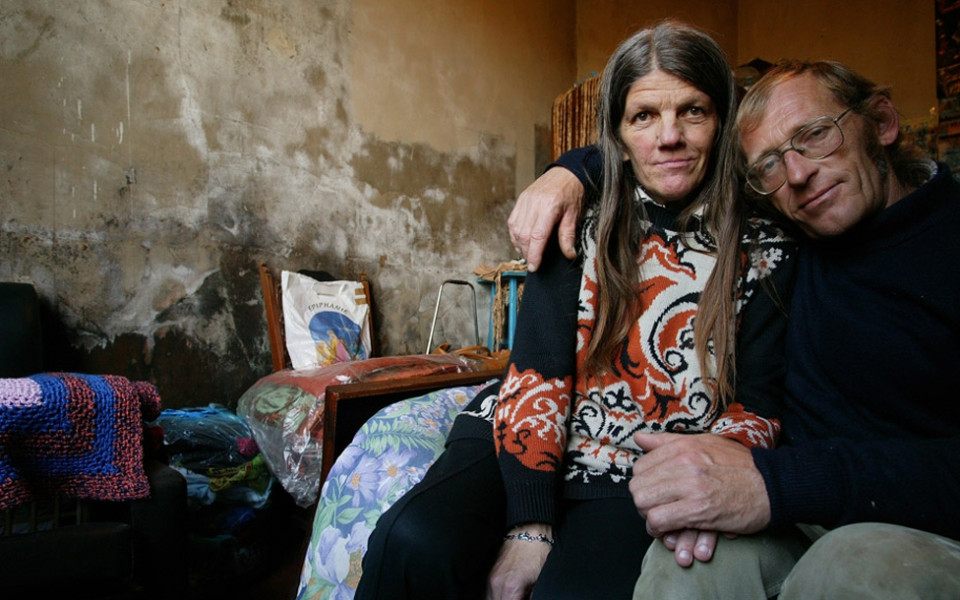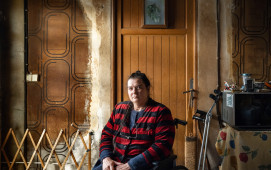Energy precariousness, left out during the energy transition ?
The environmental conference of September 2012 set the direction for the ecological transition that needs to be initiated immediately.

Despite the urgent need to fight energy precariousness, this stake wasn't on the table during the conference.
It is of the utmost importance for energy precariousness to be at the heart of the housing policies and the considerations regarding energy transition.
The fight against energy precariousness has found its ground in France, with the Manifesto launched in 2005 by several organisations calling for the implementation of adequate public policies facing this emerging problem. Since then, the awareness concerning this plague - at the crossroads between energy problems and social questions - has borne some fruits: integration in the Plan Bâtiment Grenelle, a definition in the Law, creation of a public observatory, start of implementation of a national programme.
These first steps are promising, but far from sufficient. More than 8 million people today are directly concerned, this amounts to one household in six!
The inevitable rise in the energy costs can but aggravate this energy split.
The needed energy transition cannot work if it excludes 15 to 20% of the population!
We need to go further, not only by massively taking action to improve the performance of pre-existing housings, but also by bringing financial support to and following-up impoverished households, who suffer the most from this new form of precariousness.
We are expecting a lot from the new legislation. The President and his colleagues promised measures, these must be implemented without further delay. Encouraging signs were sent, with the announcement of an ambitious programme for the thermal renovation of 600 000 housing units per year or the propositions included in a recent bill of law concerning the progressive pricing scale for energy. These initiatives must be completed; a coordinated overall policy still needs to be implemented, as stipulated in the 2012 Manifesto against energy precariousness.
This is why the emergency measures of the environmental conference concerning constructions must deal with energy precariousness and should make at least two commitments: renovate first and foremost housing for those in extreme precariousness and take into account the concerned stakes (environment, energy, housing, fight against poverty and exclusion) to ensure the rapid creation of coherent global politics.












